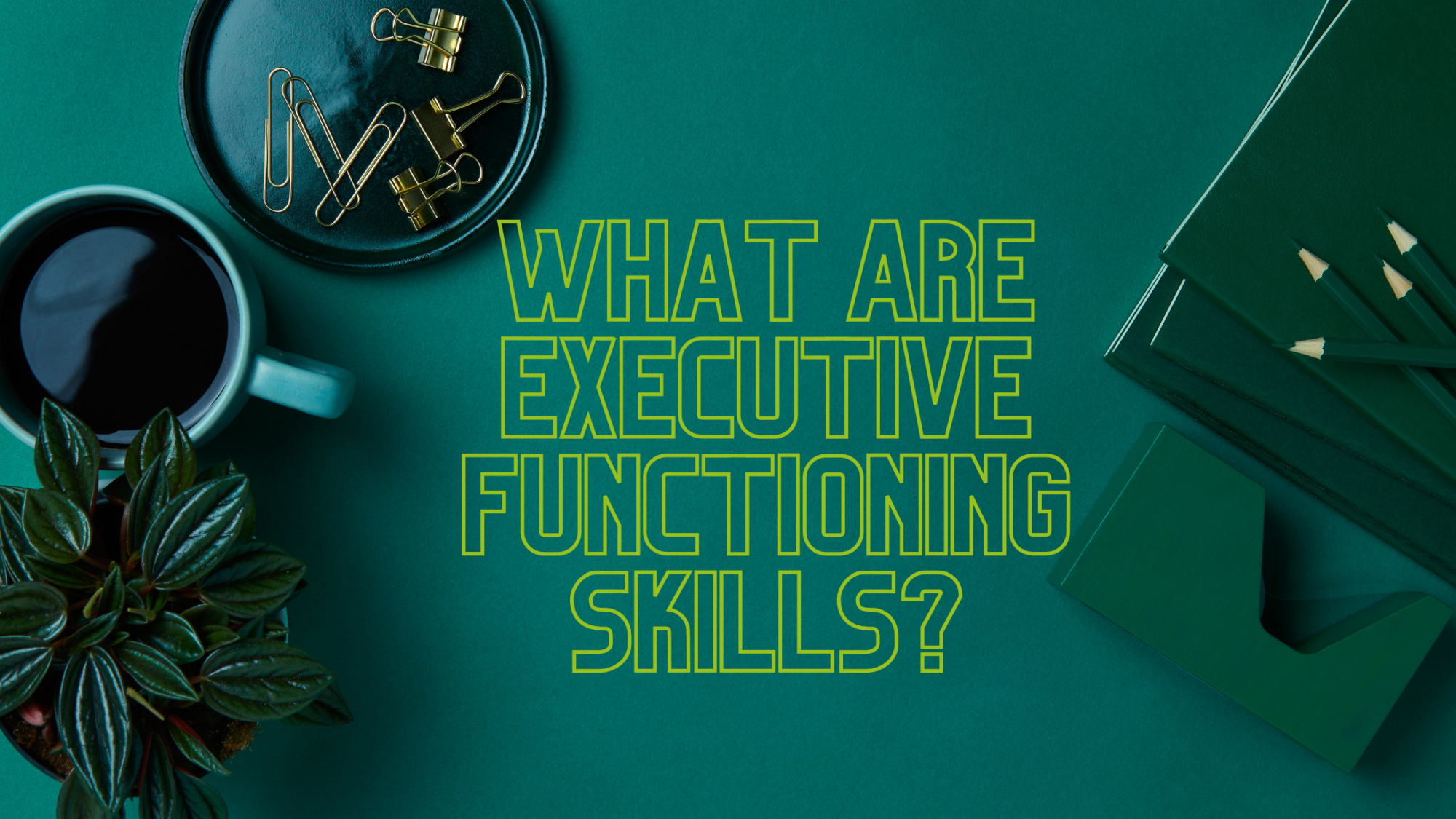Executive functioning involves the many different ways our brain helps us with everyday tasks.
Executive functioning skills help us…
- Analyze the world around us
- Reason out possible actions and reactions
- Provide us with the tools to take the proper next steps in our decision making
There are two areas of executive functioning: regulation and organization.
1. Regulation
Regulation in executive functioning involves someone’s ability to see the environment around them and shift behaviors based on what they observe, usually by drawing upon previous life experiences.
Some areas that regulation effects are:
- Memory
- Flexibility in thinking
- Self-control
2. Organization
Organization in executive functioning involves being able to take in information and use it to help analyze different situations.
Areas that organization effects are:
- Time management
- Being able to pay attention
- Remembering where things are
- Thinking creatively
- Organizing daily tasks
Getting in-sync
When both areas of executive functioning are working in-sync, they help us complete and carry out everyday events. For example, say you come upon a steep cliff on a hike. Your regulation skills help you to see that this environment is dangerous, as there is no barrier to keep you safe, and you can remember from past experiences that this is a dangerous situation. Your organization skills then help you decide to move away from the ledge, remember to stay focused while doing so, and help you find another way down.
When kids have diagnoses of ADHD, anxiety, depression, etc. executive functioning can get out of sync. There will be areas of executive functioning skills that do not match up with better developed areas of their executive functioning skills.
When kids come to therapy the therapist may recommend psychological testing or a neurological evaluation to help identify which pieces your child struggles with. From there, you and your child’s therapist, psychiatrist, doctor and school will be able to precisely pinpoint which areas need to be addressed in treatment and how best to support your child in the classroom.

